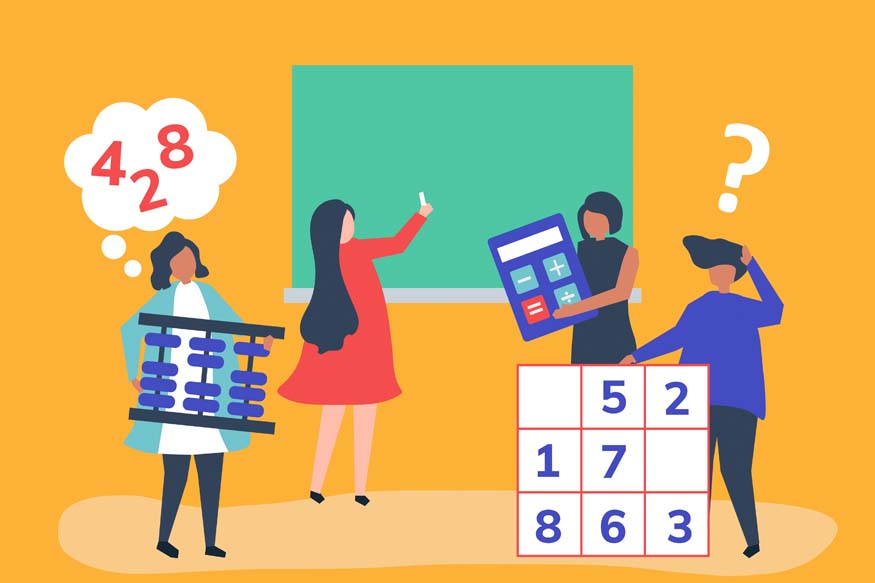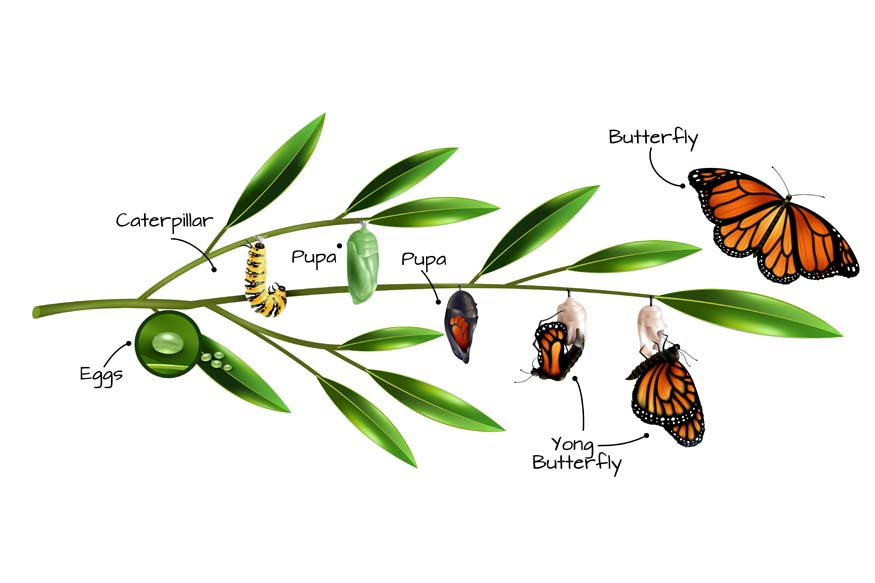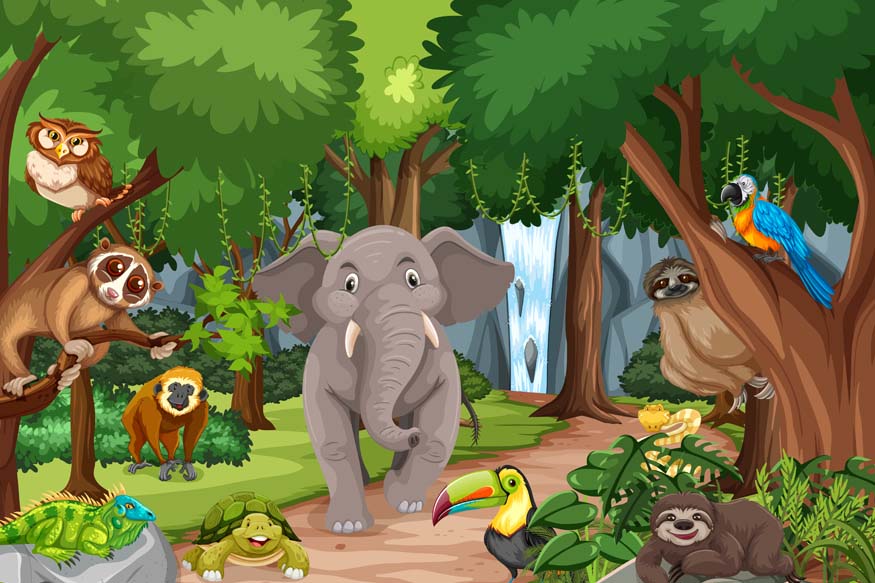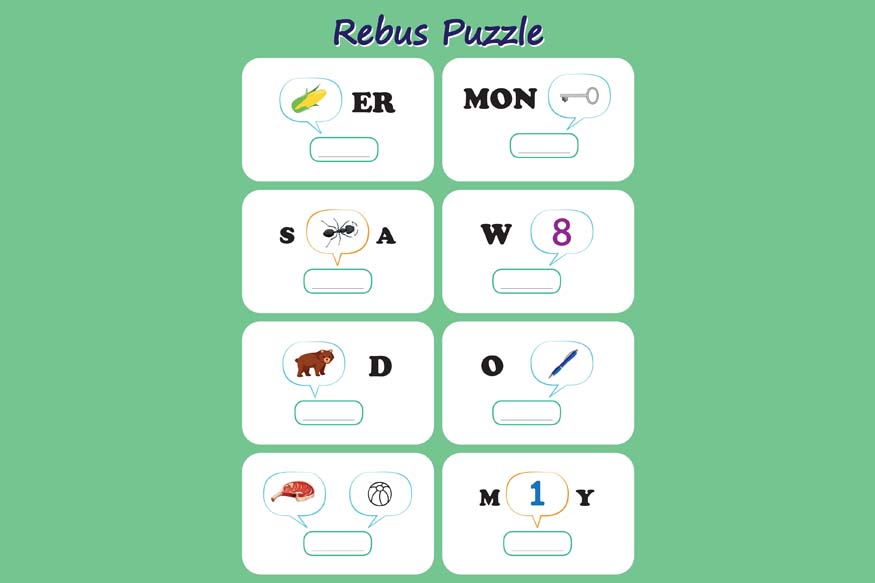Table of Contents:
- Introduction
- Understanding Critical Thinking Skills
- The Importance of Critical Thinking Skills for Students
- 10 Effective Strategies to Foster Critical Thinking Skills
- Critical Thinking Activities for Kids
- Conclusion
Introduction
In today’s world, the ability to critically think to solve problems is more important than ever. Parents and teachers need to shape critical thinking abilities of their children from an early stage of development. But what are these critical thinking skills, and how can we effectively develop them in our kids? This blog will answer all these questions and present ten practical ways to improve critical thinking skills in students and prepare them for future challenges.
Understanding Critical Thinking Skills

What are critical thinking skills?
Critical thinking skills are mental processes that help people to understand information fairly. These skills include being aware of their environment, raising important questions, seeing patterns and making proper choices. What are critical thinking skills? Let us find out. Some critical thinking skills examples include:
- Analytical reasoning
- Problem-solving
- Logical thinking
- Creative thinking
- Decision-making
The Importance of Critical Thinking Skills for Students

Critical thinking skills examples:
Why are critical thinking skills important for students? Here are some reasons.
Academic success: Scholars have claimed that students with good critical thinking abilities are often successful in various subjects, such as maths, science, and history.
Future career prospects: Research has shown that employers appreciate and prefer to engage people who have problem-solving skills.
Personal growth: Critical thinking skills help students think carefully about their choices, solve problems better, and understand themselves better. In this manner, they help with personal growth.
Informed decision-making: It assists kids in making effective decisions in their individual lives, school, or any other learning institution.
10 Effective strategies to foster critical thinking skills
How to improve critical thinking skills? Now that we have answered ‘what are critical thinking skills?’, let us explore ten practical ways to develop critical thinking skills in children:
- Encourage Questioning
- Teach Problem-Solving Techniques
- Engage in social discussions
- Promote Reading and Comprehension
- Use puzzles and brain teasers
- Encourage Decision-Making
- Teach Argument Mapping
- Foster Creativity
- Practise Mindfulness
- Use Technology Wisely
Help the children ask the “why” and “how” questions. This habit also helps them question topics and challenge assumptions.
Teach more structured approaches or methods like scientific or design thinking to help kids solve problems easily.
Use open-ended questions to encourage thoughtful conversations. This will children understand various different perspectives and stand by their opinions.
Introduce children to various reading materials and guide them in understanding the texts, fostering useful comprehension skills.
Include puzzle games, brain teasers, and other games that require the children to use their brains to solve them.
Allow children to make simple choices for themselves and talk to them about what may happen if they choose other options. In other words, help them process and think about their decisions, their merits and demerits
Help children structure their thoughts better. This can be done with the help of a mind mapping technique where they are taught about the implications of each action.
Encourage art, music or storytelling as they are closely linked to critical thinking skills.
Teach mindfulness techniques to help children become aware of their thoughts and emotions. This will increase their ability to think clearly and objectively.
Encourage the use of mobile applications that offer learning and problem-solving in a fun way.
Critical Thinking Activities for Kids
Here are some critical thinking activities for kids that you can easily implement at home or in the classroom:
“What If” Scenarios: Introduce them to possible events and make the children imagine what may occur and what can be done using critical thinking skills.
Spot the Difference: Engage children in picture comparison games to sharpen their analytical and visual differentiation skills.
Classification Games: Encourage children to categorise objects based on specific criteria, fostering their logical and differentiation skills.
Debate Club: Foster friendly arguments among students on topics of interest, aiding them in forming opinions and listening to others’ perspectives.
Mystery Solving: Encourage deductive reasoning in children. Deductive reasoning is like solving a puzzle using clues one already knows to discover something new and particular.
Solve Real-World Problems: Encourage children to focus on ideas for solving real-life problems. These could include designing a fun playground or solving an interesting problem at school. Solving real-world problems makes them think outside the box and solve problems practically.
Create with Building Toys: Use crafting material or blocks to make things. The hands-on activity helps children understand the spatial organisation of objects. It also helps them plan and build while thinking about their designs.
Play Pretend: Engage children in different scenarios where they must make decisions and solve various problems. This helps them understand how others feel, view things differently, and think about various scenarios.
Enjoy Word Puzzles: Play games like Scrabble or do word searches that make kids think about how words are spelled and what they mean. These games improve their vocabulary and help them analyse language better.
Explore and Describe: Take children on strolls in the park or town. Ask them to write down everything they see. Then, ask them to narrate what they observe to improve their attention to detail and thinking critically.
Conclusion
Critical thinking helps children improve their understanding and interpreting abilities. We hope to have answered your question on “what are critical thinking skills?” With critical thinking skills examples we aim to show you the practical uses of it to your children.
At Centre Point School (CPS), Nagpur, we understand the need to develop the critical thinking abilities of students. Our curriculum and committed educators combine problem-solving and creative thinking. For this reason, our overall strategy is to nurture our students and develop their critical thinking skills for lifelong learning and success.
Remember that the process of critical thinking skills is a continuous process. As children grow and meet new situations, their critical thinking abilities will continue to change. By empowering them with the right resources, we can help them become individuals with self-esteem, resilience and creativity.





